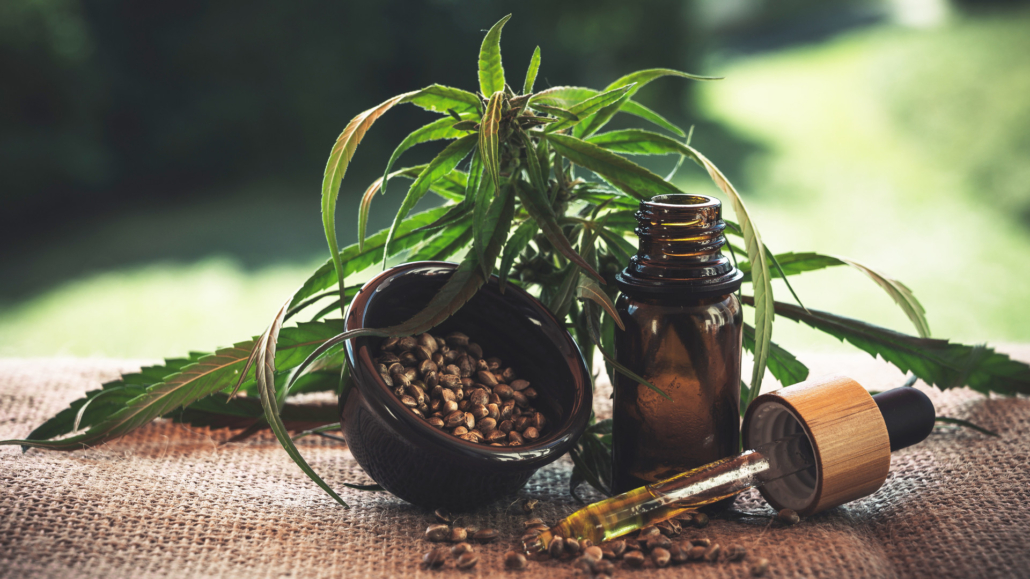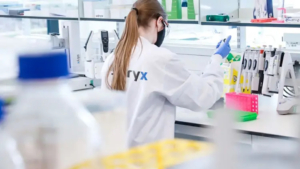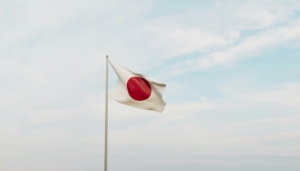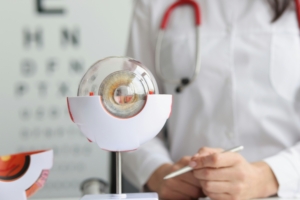
An Outline of the German Medical Cannabis Market
The medical cannabis market has grown significantly in recent years. In Germany, the quantity of imported cannabis products has increased dramatically. In comparison to only 1.2 tons in 2017, German medical cannabis distributors imported about 3.13 metric tons of cannabis flowers for direct medical care of patients in 2018, while around 120 kg have been re-exported. In 2019, this amount doubled to around 6.7 tons.
According to statistics from the International Narcotics Control Board (INCB), which is the independent, expert body that was established by the member states of the 1961 UN Single Convention on Narcotic Drugs, Germany has imported in total around 7.6 tons of all kind of cannabis products, namely the sum of cannabis flowers, extracts, preparations, and finished medicinal products in 2018, compared to around 4.5 tons in 2017. In Germany, the gross turnover for unprocessed cannabis flowers in the statutory health insurance for 2018 amounted to about €33m, and about €26m for cannabis-containing preparations.
Moreover, the INCB has estimated that the demand for medical cannabis in Germany may further grow to a maximum of 16 tons in 2020. This, in comparison to 6.7 tons to 8.8 tons in 2019, is a significant increase, which is expected, due to rising patient numbers in 2020. It is, however, interesting to note that the INCB’s estimated figure for 2019 has been briefly raised to 21 tons in November 2019 and immediately corrected to 16 tons for 2020. The expected increase in demand has, therefore, apparently not occurred as quickly as expected.
In order to meet the steady increase in patient demand, the cultivation of medical cannabis in Germany was approved on the basis of a tender for a total of 10.4 tons for four years. The first harvest is only to be expected at the end of this year. A public invitation to tender is currently pending for the provision of logistics, distribution, and services required for the federal, wholesale trade in cannabis flowers. Additionally, imports from other countries will continue to be possible in future.
Requirements for the import of medical cannabis to Germany
Requirements for the distribution of medical cannabis have not yet been harmonized in the European Union and are, thus, still governed by the applicable national law. Under Annex III of the Narcotics Law (Betäubungsmittelgesetz – BtMG), only cannabis coming from cultivation for medical purposes under state control in accordance with Articles 23 and 28, Paragraph 1 of the 1961 Single Convention on Narcotic Drugs may be marketed and prescribed in Germany. This means that, in addition to finished pharmaceuticals, only cannabis flowers and extracts which have a recognized medical purpose in the country of origin and are subject to control there, in accordance with the aforementioned requirements of international law, can be imported into Germany on the basis of a general narcotics license granted by the Federal Institute of Drugs and Medical Devices (Bundesinstitut für Arzneimittel und Medizinprodukte – BfArM) under Section 3 Paragraph 1 of the BtMG and individual import licenses pursuant to Section 11 Paragraph 1 of the BtMG. The BfArM issues the permits and authorizations applied for by the market participants if the legal requirements are met.
In addition, the qualitative requirements for medicinal cannabis are regulated by drug law and pharmacy law. The state authorities involved in drug monitoring and testing are responsible for checking, determining, and complying with the regulations of drug law with regard to the import of medical cannabis. The authorities check, for example, if cannabis is cultivated under EU Good Agricultural and Collection Practice (GACP), and if the exporting company follows the EU Good Manufacturing Practice (GMP) requirements. On top of that, it’s not only a question of the exporter being EU GMP compliant, but there is also the question of whether the exporter has the respective export licenses in his jurisdiction. When importing from non-EU countries, additional permits are usually required. According to the most recently written statement of the Federal Opium Agency (Bundesopiumstelle), Canada, the Netherlands, and Portugal are the only countries currently exporting cannabis products under the 1961 UN Single Convention to Germany. General narcotic permits in accordance with Section 3 BtMG for the import of medical cannabis have already been granted for the Netherlands, Canada, Portugal, Spain, and Denmark. With the exception of Spain, corresponding import licenses have been issued in accordance with Section 11 Paragraph 1 BtMG. For the import of cannabis for medical purposes from Uruguay, Colombia, Israel, and Australia, no permission according to Section 3 BtMG and no import permit according to Section 11 Paragraph 1 BtMG has been granted so far.
The fact that Canada has legalized the use of cannabis is viewed by the Federal Government of Germany as unproblematic. To the knowledge of the Federal Government, the existing Canadian legal framework for the cultivation and distribution of cannabis for medical purposes, under which the export to Germany occurs, will also be continued under the new Canadian legislation. In the view of the German Federal Government, there are no consequences for the import of medical cannabis to Germany.
Unresolved problems and hurdles
Recent problems for cannabis distributors include the application of the permit requirement for irradiation with ionizing radiation to cannabis. In order to improve the microbiology, cannabis flowers are frequently irradiated with ionizing radiation. This means that often radiation is used to kill-off microbial contaminants. Manufacturers and distributors selling cannabis using such technique are obliged to hold a respective license under the act for the treatment of pharmaceuticals with radioactive or ionizing radiation (AMRadV), which is the applicable law for the irradiation of pharmaceuticals.
The Canadian cannabis producer Aurora was forced, for example, to take its cannabis products off the German market, because they had been irradiated, and the company didn’t hold the respective license. Meanwhile, Aurora has actually received the necessary irradiation licenses and is now back in business.
Problems and hurdles for patients are still posed, above all, by the excessively high prices caused by costly, time-consuming quality inspections of the products in the pharmacies and protracted approval and reimbursement procedures of health insurance funds.
Finally, the commercialization of CBD products opens up another important market and offers, on the other hand, some more uncertainties. In this respect, the marketability of CBD products under the Narcotics Act and their classification as novel food is still a major issue. Another problem is the marketability of CBD in cosmetics. Here, opinions still differ widely. It remains to be seen whether there will be a uniform, EU-wide approach in the future.
Peter Homberg is a partner in the Dentons Berlin office. He focuses on life sciences, IP, corporate law, and M&A transactions in the life sciences and high-tech sectors, as well as in R&D and cooperation agreements, cross-border IP licensing, and IP strategies. Furthermore, he has extensive experience providing legal advice on compliance issues. Additionally, he is the head of the European Cannabis sector group. Peter advises inter alia companies in the pharmaceutical, diagnostics, biotechnology, medical device, and medical cannabis industries from startups to large, publicly listed companies. Furthermore, he has broad transactional experience in Southeast Asia. Peter is a member of several societies and associations, such as the LES, the GRUR, the DIS, as well as the Pharma-Lizenz-Club Deutschland e.V.
The article was published in the European Biotechnology Magazine Spring Edition 2020.


 Sitryx Therapeutics
Sitryx Therapeutics
